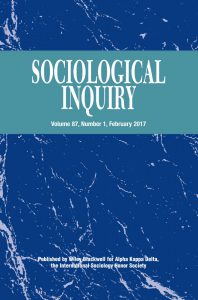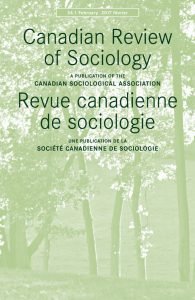Guilty as Charged: Prisoners and "Democracy"
 The ongoing debate regarding the voting rights of prisoners integrates two fundamental political and philosophical questions: what constitutes an individual as a human and what is democracy? Though we know that there are many instances in which human status is denied (refugees, genocide, mass rape, etc.), we rarely question the tenets of our democratic political structure. Can we call ourselves a democracy when universal franchise is only extended to certain populations? It seems troubling that prisoners must be tried, convicted, and sentenced by a system in which they will become essentially non-citizens, not to mention the fact that the majority of prisoners are African-Americans and Latinos.
The ongoing debate regarding the voting rights of prisoners integrates two fundamental political and philosophical questions: what constitutes an individual as a human and what is democracy? Though we know that there are many instances in which human status is denied (refugees, genocide, mass rape, etc.), we rarely question the tenets of our democratic political structure. Can we call ourselves a democracy when universal franchise is only extended to certain populations? It seems troubling that prisoners must be tried, convicted, and sentenced by a system in which they will become essentially non-citizens, not to mention the fact that the majority of prisoners are African-Americans and Latinos.
Arato and Cohen’s work on the civil sphere emphasizes the need to examine these democratic principles. Distinguishing between elite and participatory democracy, liberalism and communitarianism their work reveals the fault lines of democratic rule. These fault lines are often exposed in instances such as the citizen status/franchise of prisoners and in the racial and gendered profiles of these prisoners. We must ask ourselves whether a majority white population of prisoners would be denied voting rights, whether universal franchise is an ideal or a norm, and what this issue reveals about the democracy we claim to live in.
NY Times “A Loss for Voting Rights”



1475-682X/asset/akdkey.jpg?v=1&s=eef6c6a27a6d15977bc8f9cc0c7bc7fbe54a32de)
Democracy is always about oligarchy, something which in its technical aspect, essential for any society or organization to function. Speaking in a context of a fable, allow me to build upon the essence of democracy: The peasant in the fable, when on his death-bed, tells his sons that a treasure is buried in the field. After the old man’s death the sons dig everywhere in order to discover the treasure. They do not find it. But their indefatigable labor improves the soil and secures for them a comparative well-being. The treasure in the fable may well symbolize democracy. Democracy is a treasure which no one will ever discover by deliberate search. It is implicit, latent, and democracy must remain purely ideal, possessing no other value than that of a moral criterion which renders it possible to appreciate the varying degrees of that oligarchy, governance and, inevitably nation-state. I have simplified and generalized to an enormous degree about democracy and oligarchy.
I find it particularly disturbing when voting rights are taken away from prisoners for the rest of their lives. I think this is often reserved for felony criminals, but it still challenges conceptions of participatory democracy. The minority disproportionality surely does make this look like some kind of Jim Crow era law sneaking back on the books. Great post and interesting questions!
Keri